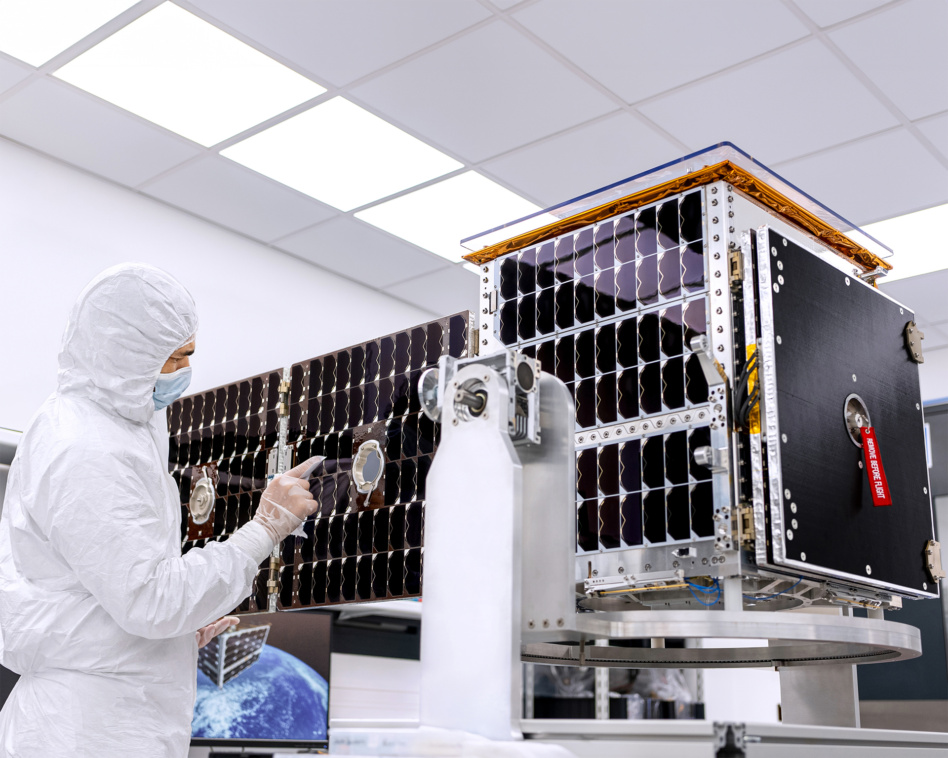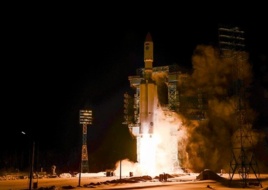NanoAvionics will build 280 satellites for SpinLaunch’s planned LEO broadband mega-constellation under a €122.5M ($135M) contract.
The Lithuania-based company will build the satellites—which will be the first batch of a planned 1,200-satellite constellation—in its newly expanded production facilities in Vilnius.
More details: The satellites will be based on NanoAvionics’ flight-proven MP42 microsatellite bus, which offers similar performance to competitors in a lighter sat. Two demonstration spacecraft are planned, including one expected to launch in 2026.
The sats will be fitted with reflectarray antennas and high-performance avionics to deliver terabits-per-second capacity. Each spacecraft will follow a repeating ground track, which will enable the constellation to provide “uninterrupted global connectivity” after a single launch.
“The network is designed to meet the growing demand for flexible, high-speed and secure satellite communication services for enterprise users globally,” SpinLaunch officials said in the statement.
Day job: SpinLaunch is better known for its attempts to develop a giant orbital launch system, designed to fling satellites into LEO using a 100-meter-long rotating arm driven by a set of electric motors.
The company has been developing plans to build a LEO broadband constellation, called Meridian Space, since 2020 and filed a spectrum application in 2021. The firm hopes that the constellation’s “highly differentiated” architecture will allow the project to gain a foothold in the increasingly competitive market.
Correction: This story has been updated to correct the specs for the orbital launch system.




